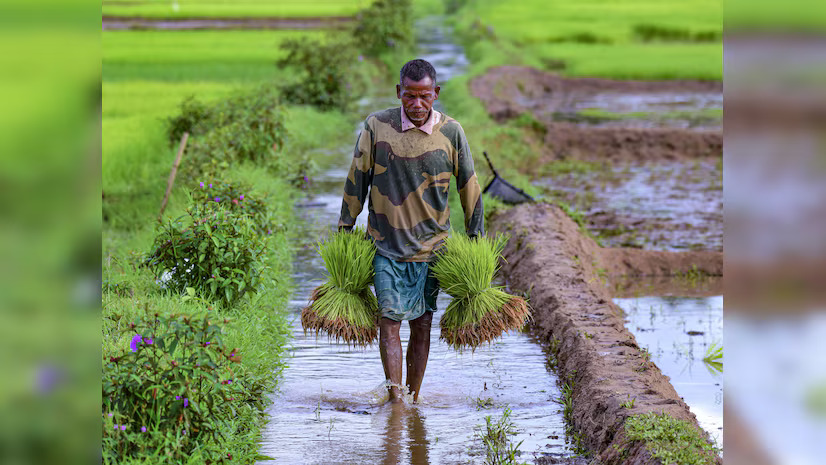Within two years, it is planned to introduce one crore farmers to natural farming. In order to support this enterprise, 10,000 bio-input resource centres for sustainable farming practices are to be established.
The Budget places a strong emphasis on supporting Farmer Producer Organizations (FPOs), cooperatives, and entrepreneurs in order to improve vegetable production and optimise the supply chain. These organisations, which are essential to the gathering, storing, and selling of vegetables, will assist farmers in obtaining higher prices and minimising losses following harvest.

Source: PIB
The introduction of 109 new, high-yielding, climate-resilient cultivars of 32 field and horticultural crops is another noteworthy project. Its goals are to provide sustained agricultural production and tackle the challenges posed by climate change. There are also plans to review the agricultural research setup.
To lessen the nation’s reliance on foreign edible oils, the budget includes initiatives to increase the production of mustard, peanut, sesame, soybean, and sunflower. Within three years, Digital Public Infrastructure (DPI), which covers farmers and their lands, is expected to revolutionise the industry.These lofty provisions, however, will not be easily implemented. Resources may be strained if natural farming methods are widely adopted, as they will need extensive assistance and training.
Source: Mirror Now
Improvements in FPOs and the establishment of 10,000 bio-input resource centres call for increased investment and cooperation. Strong extension services are essential for promoting crop types resistant to climate change and increasing oilseed yield. Ensuring fair access and removing technological barriers are also necessary for DPI projects. In order to achieve the goal of the Budget, these must be addressed.
What do you think about this? Comment below.

